Some stories hit you like a freight train, and this one is no exception. We’ve all heard the phrase “not everything is as it seems”, but when the layers of a carefully curated public persona start to peel away, the truth can be unsettling. Justin Baldoni’s recent lawsuit against The New York Times claims just that, accusing the publication of spreading misleading information.
There are text messages, allegations, and accusations that cut deep. The issue? The article, according to Baldoni, relied on manipulated messages stripped of context, presenting a version of events that didn’t tell the full story.
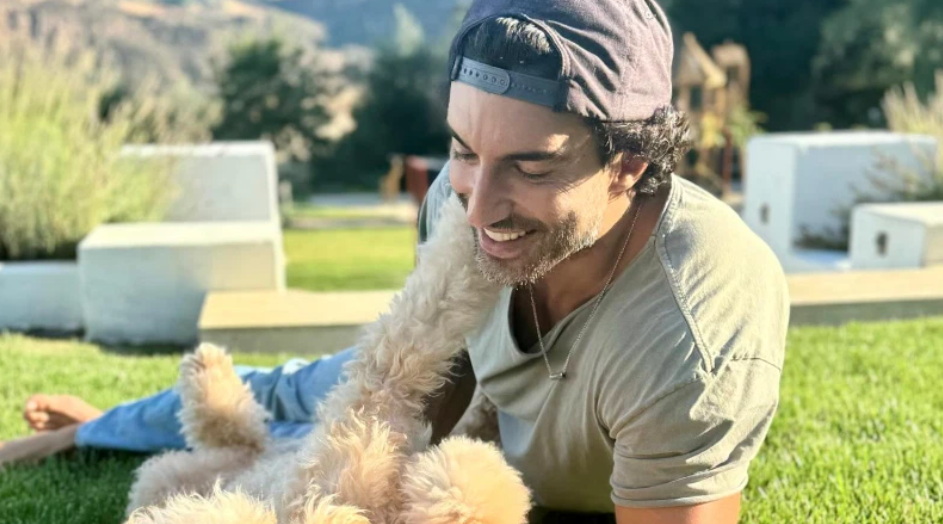 Justin Baldoni | Credits: Instagram @justinbaldoni
Justin Baldoni | Credits: Instagram @justinbaldoniBaldoni, known for his role in the film as well as his direction, alleges that Blake Lively was not just a co-star but also took control of the creative direction of It Ends with Us, something he found troubling.
Justin Baldoni fights back against New York Times smear
Instead of red carpets and shiny smiles, we’ve got a lawsuit, accusations of deceit, and text messages that could rock the foundations of one of Tinseltown’s most talked-about recent projects. Justin Baldoni, director, and co-star of It Ends with Us, has fired back at The New York Times over an article that he claims twists the truth.
Baldoni and his PR team took a bold stand, filing a lawsuit that alleges that The Times deliberately omitted key text messages, leaving out context that paints a very different picture from the one presented in the article (via Variety).
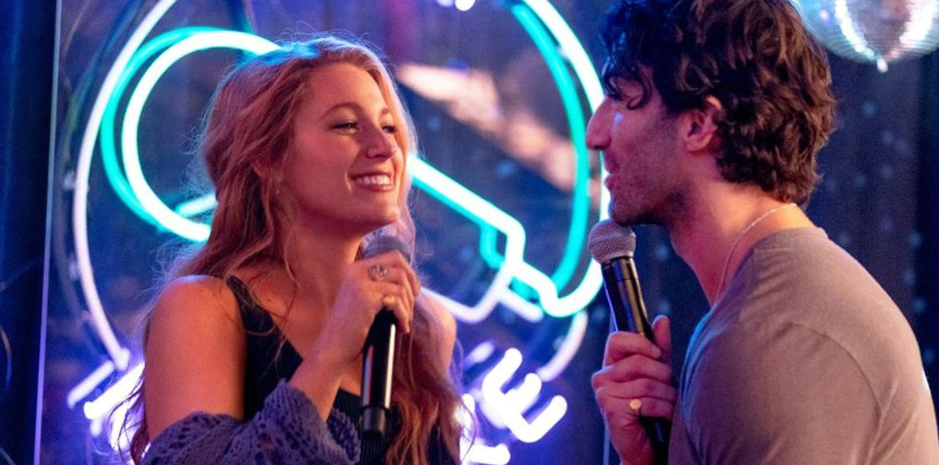 Blake Lively and Justin Baldoni in It Ends with Us (2024) | Credits: Sony Pictures Releasing
Blake Lively and Justin Baldoni in It Ends with Us (2024) | Credits: Sony Pictures ReleasingBaldoni’s PR team claims that Lively’s camp didn’t just sit back and let the press do its thing. According to the lawsuit, Lively’s publicist, Leslie Sloane, a figure with ties to controversial figures like Harvey Weinstein, planted stories to undermine Baldoni:
The [Times] article also deliberately ignores that Lively’s publicist, Leslie Sloane (Sloane), of Vision PR, once backed by Harvey Weinstein, seeded stories critical of Baldoni, including that Baldoni was a sexual predator, ahead of the film’s release.
In fact, the lawsuit suggests that Sloane was behind stories that labeled Baldoni a “s*xual predator” ahead of the film’s release.
Baldoni’s legal team also argues that The Times played a part in promoting a smear campaign that painted Baldoni’s PR team, The Agency Group (TAG), as the ones stirring up trouble. According to attorney Bryan Freedman, the newspaper
Cowered to the wants and whims of two powerful ‘untouchable’ Hollywood elites, disregarding journalistic practices and ethics once befitting of the revered publication by using doctored and manipulated texts and intentionally omitting texts which dispute their chosen PR narrative.
Now, here’s where it gets interesting: in the text exchanges Baldoni’s team is presenting, there’s no sign of the aggressive tactics The Times claims. Instead, the texts show that TAG was simply thrilled with the praise Lively was receiving.
The lawsuit also claims that important details were conveniently left out—like the full-text exchanges that reveal the true context. For example, one exchange shows Baldoni’s PR team celebrating Lively’s success, not plotting a negative press campaign against her (via Style Caster).
Justin Baldoni alleges Blake Lively took over It Ends with Us, leaving him sidelined?
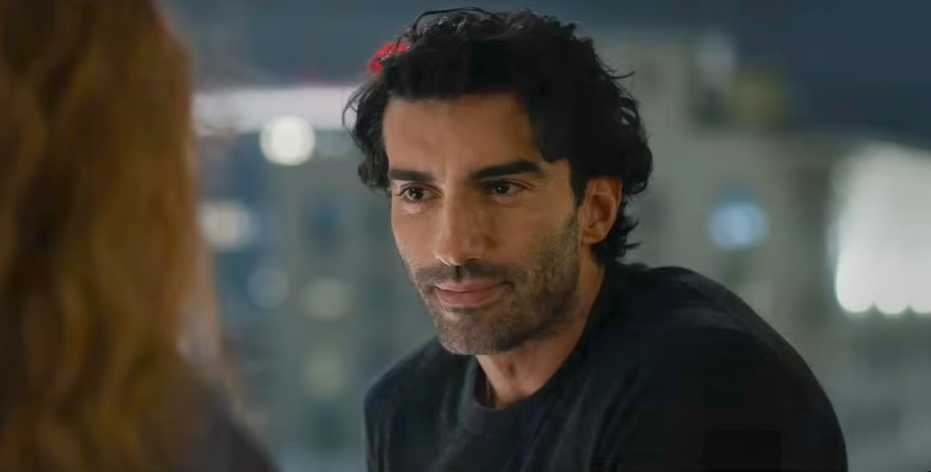 Justin Baldoni in It Ends with Us (2024) | Credits: Sony Pictures Releasing
Justin Baldoni in It Ends with Us (2024) | Credits: Sony Pictures ReleasingThe accusations don’t end there. According to Justin Baldoni, Blake Lively took control of the film’s creative direction, leaving him feeling sidelined. In some alleged messages, Baldoni’s PR team is seen comforting him, trying to keep his spirits up while Lively was busy taking over the narrative. Baldoni claims that not only did Lively have a hand in editing the film but (per Style Caster):
She’s kicked me out of the film officially now. She’s finished it all. I can’t be involved. Sound VFX everything.
The Times’ version of events presents a one-sided picture, claiming that negative press was the result of Baldoni’s PR efforts. What’s crystal clear here is that Baldoni and his team feel deeply wronged. They believe the media—and The Times specifically—has played a major role in distorting their efforts and casting them in an unfavorable light.
If the text messages they’ve presented are accurate, they paint a picture of an artist trying to balance the pressures of making a film with the behind-the-scenes politics that threaten to overshadow it all.
The real story might just be waiting for its moment in the spotlight!
.png)
 1 week ago
12
1 week ago
12
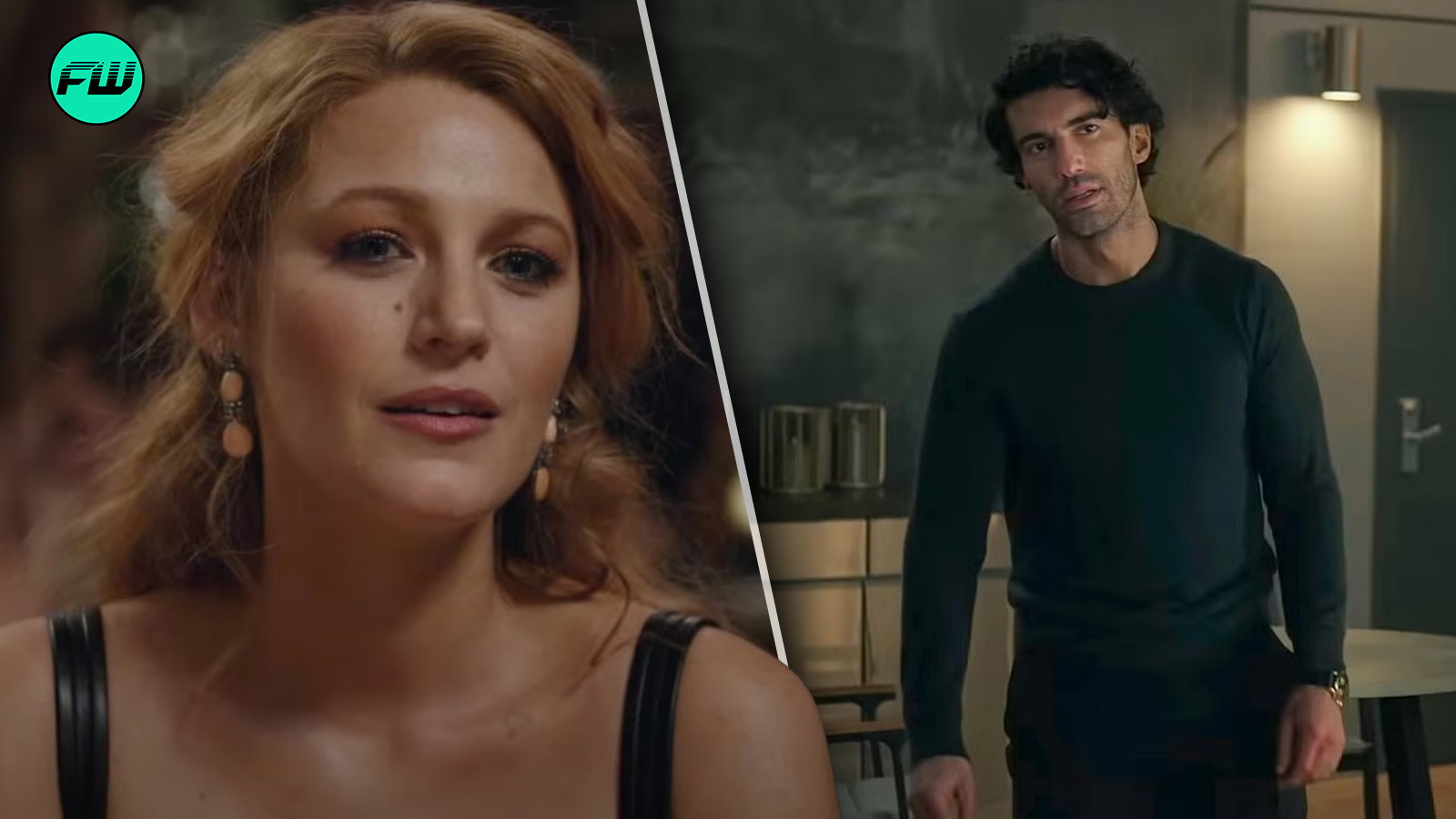


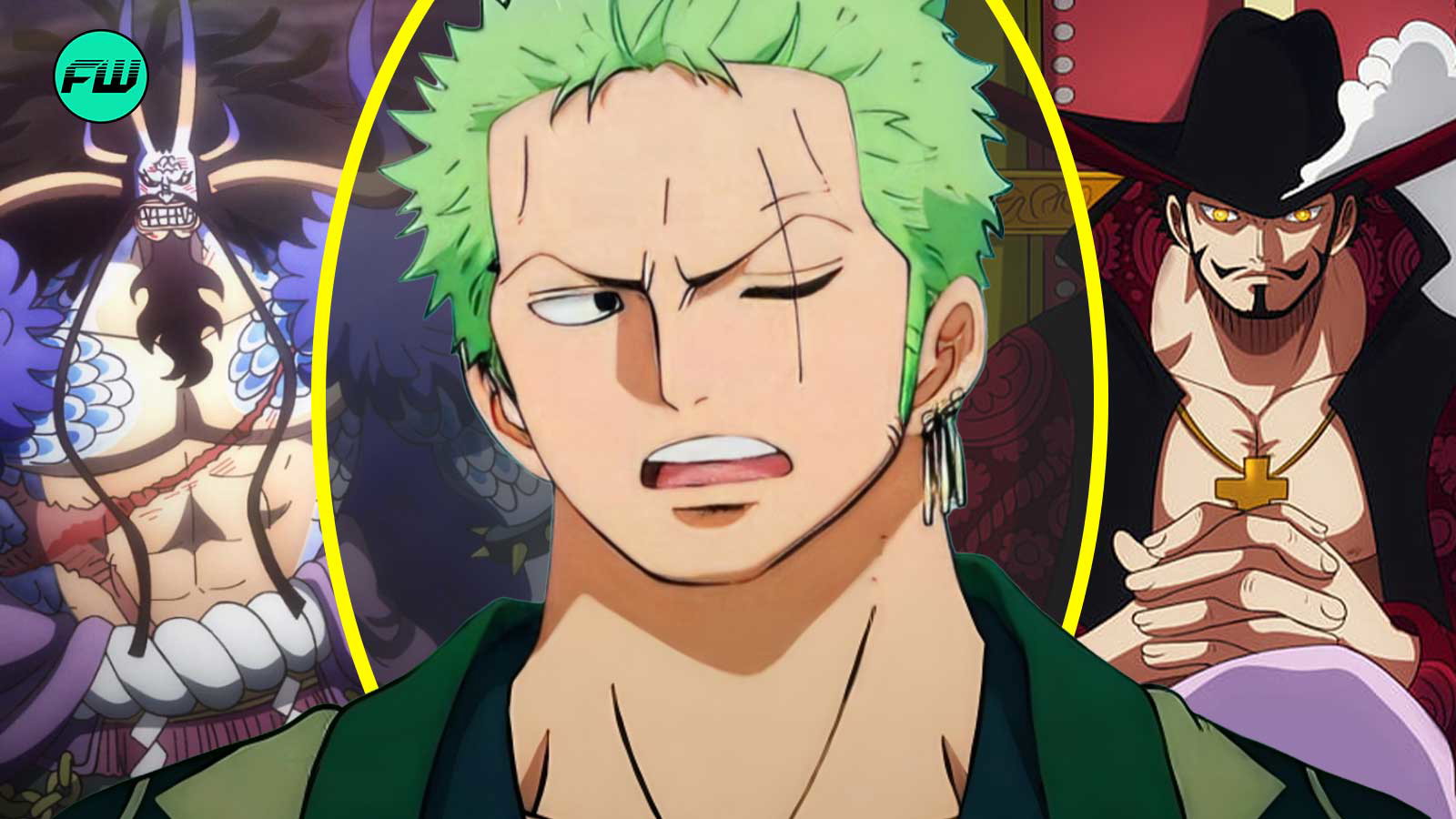

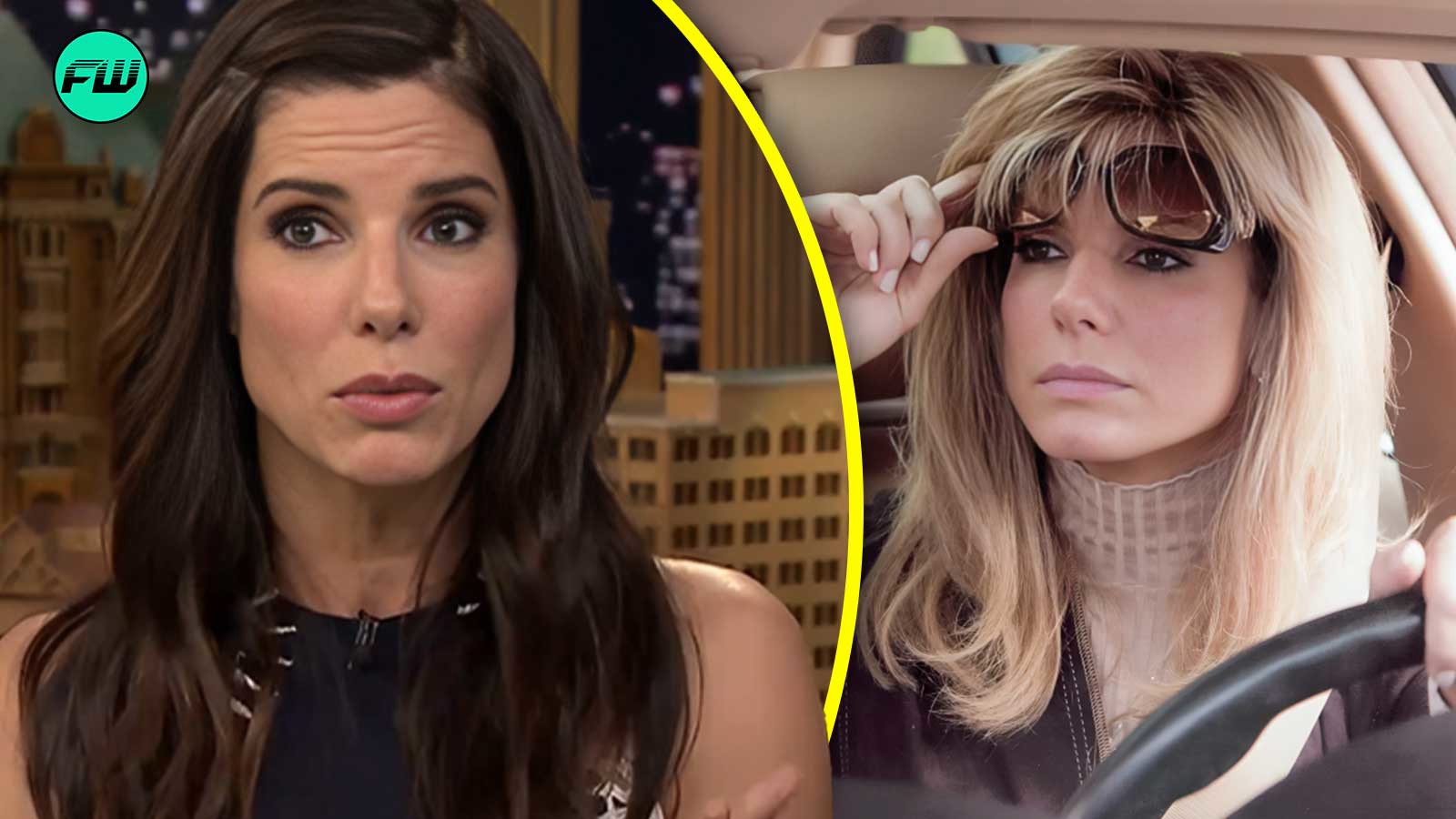

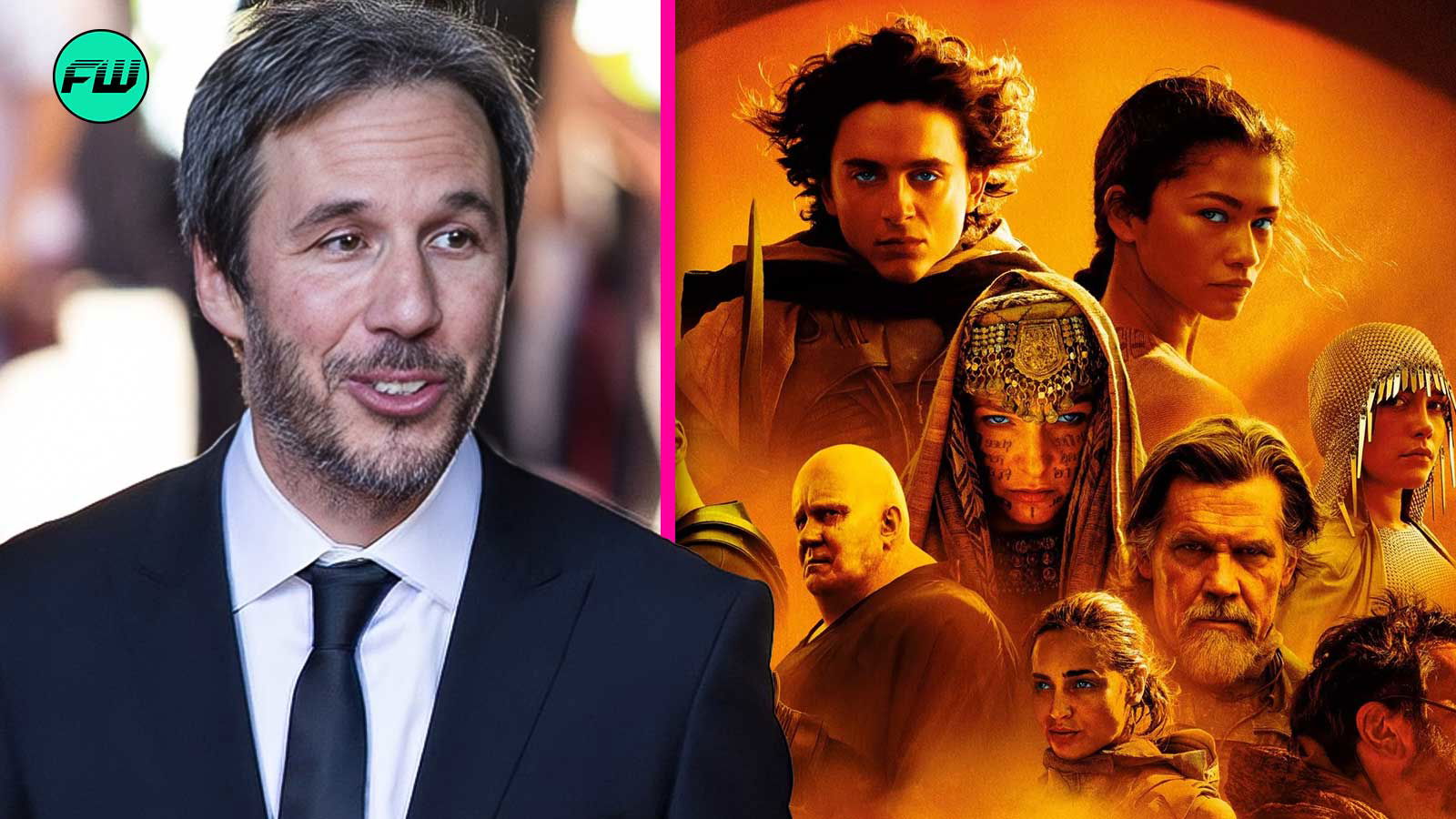

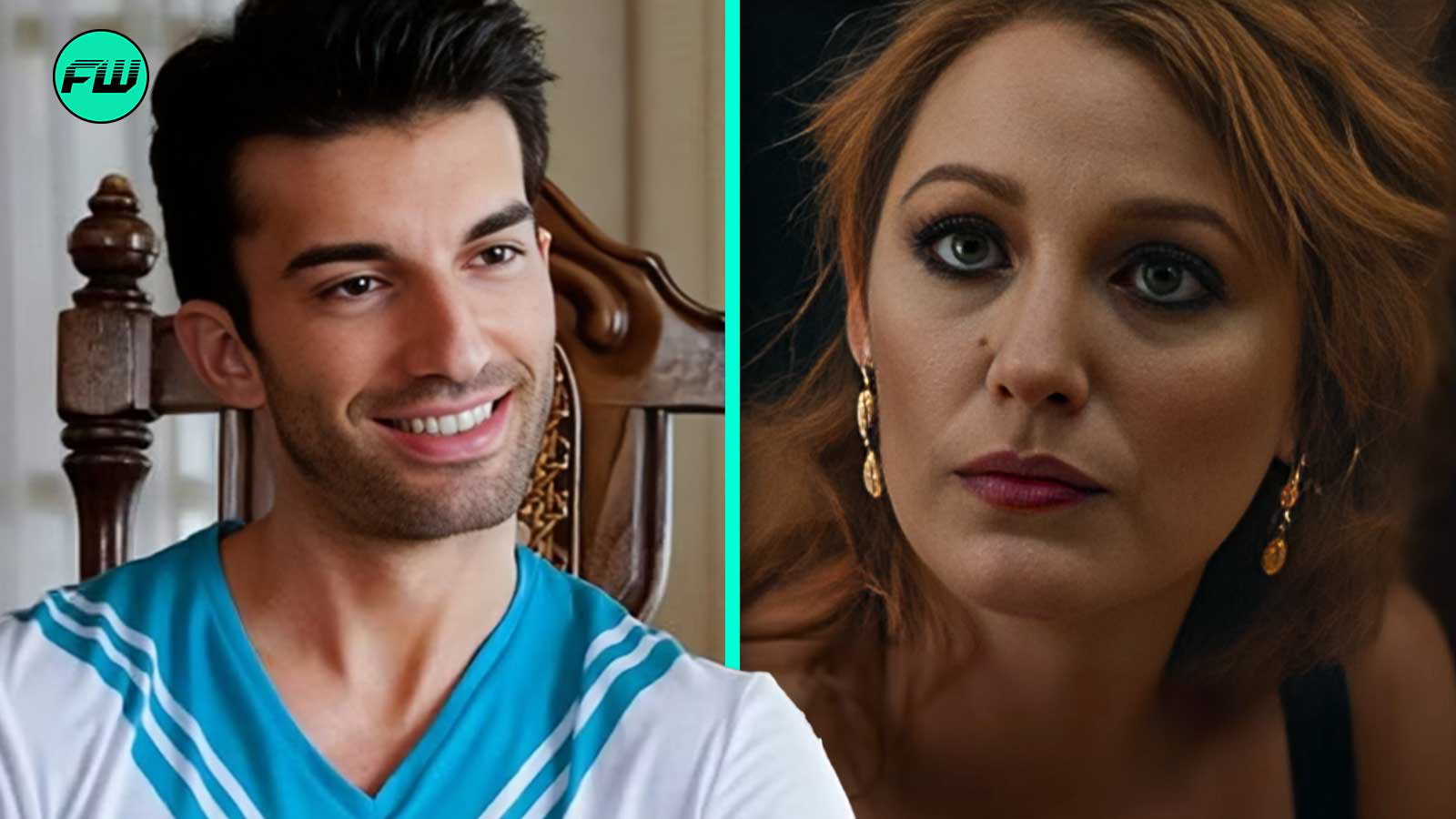
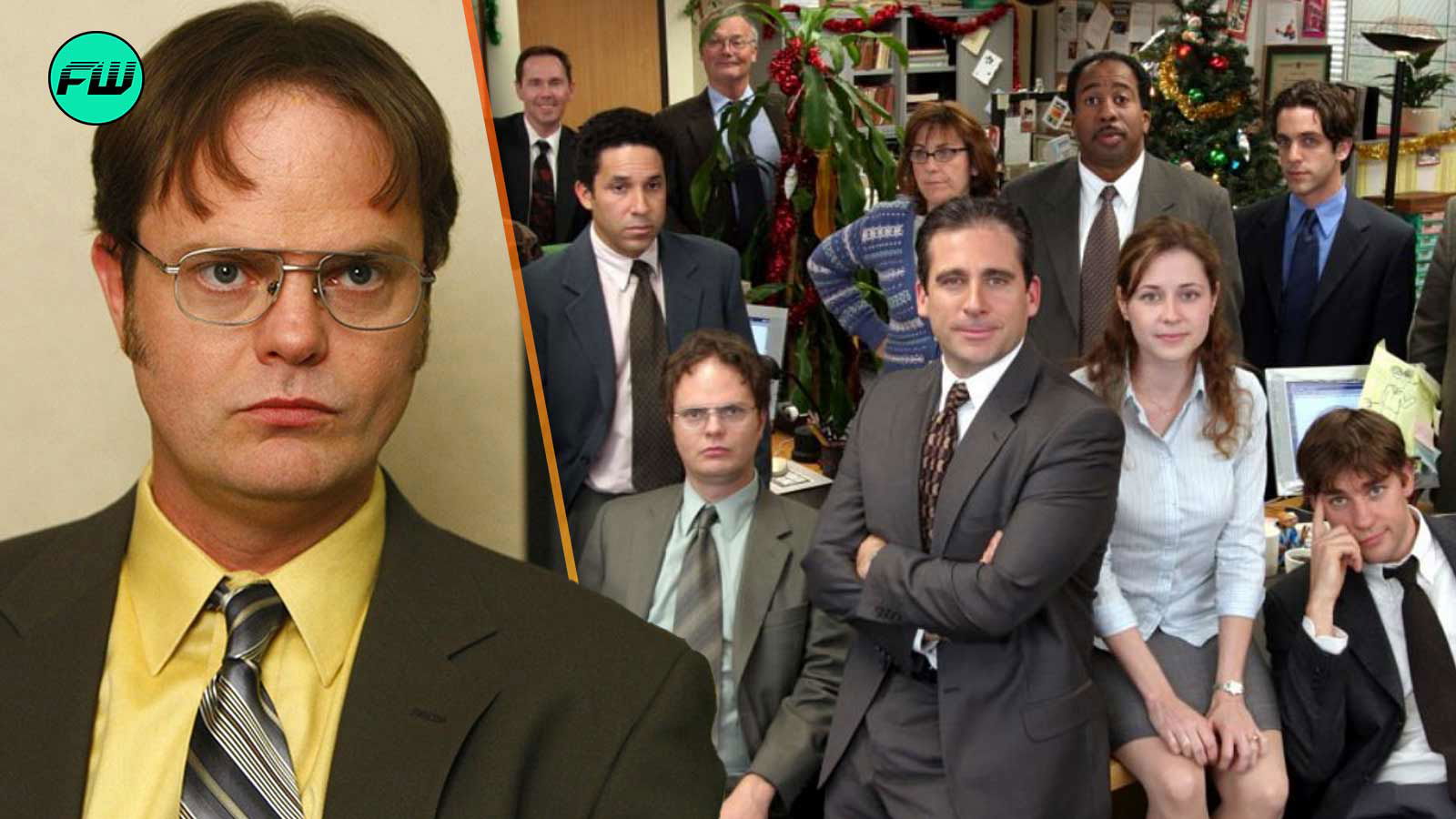
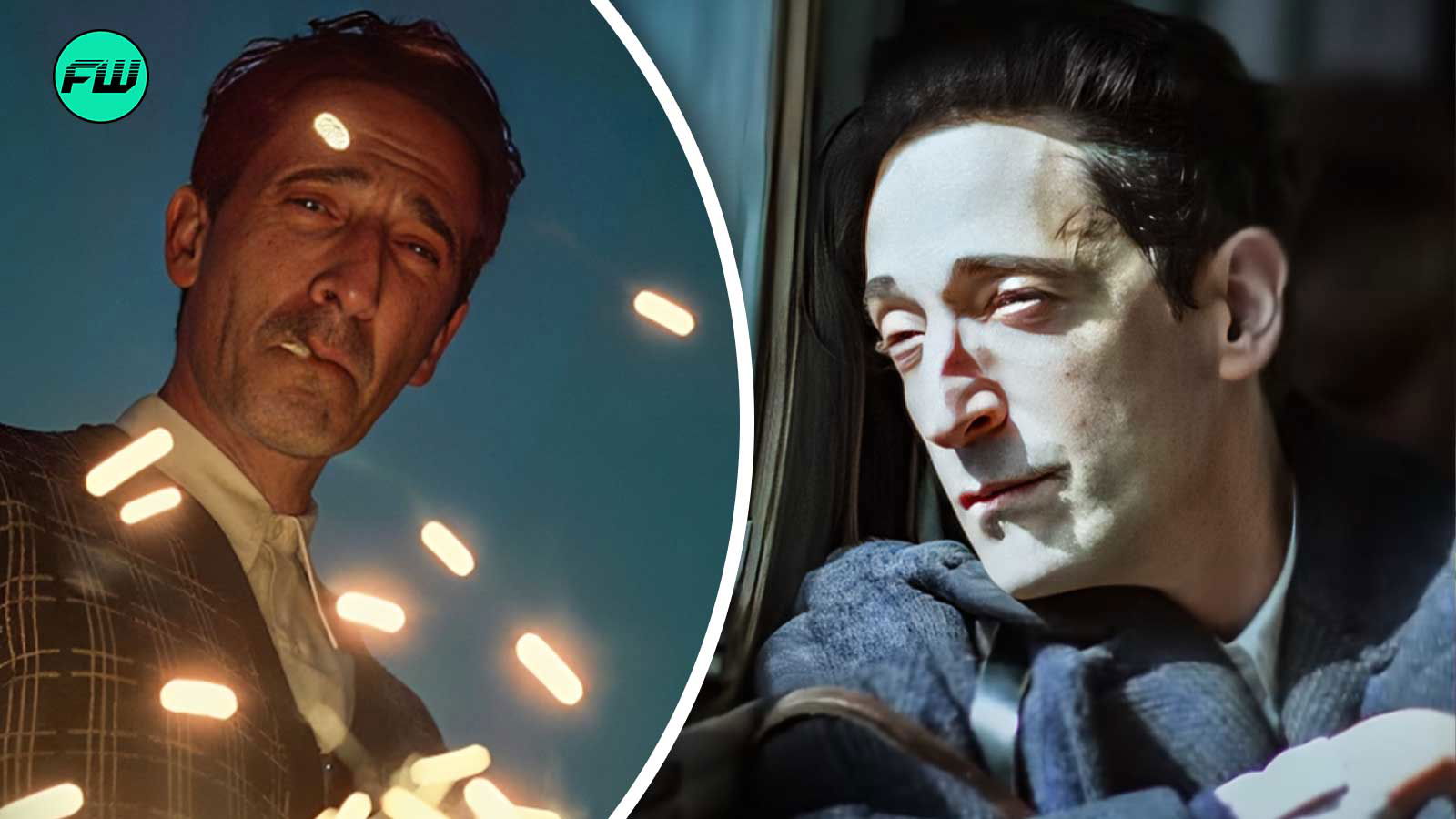

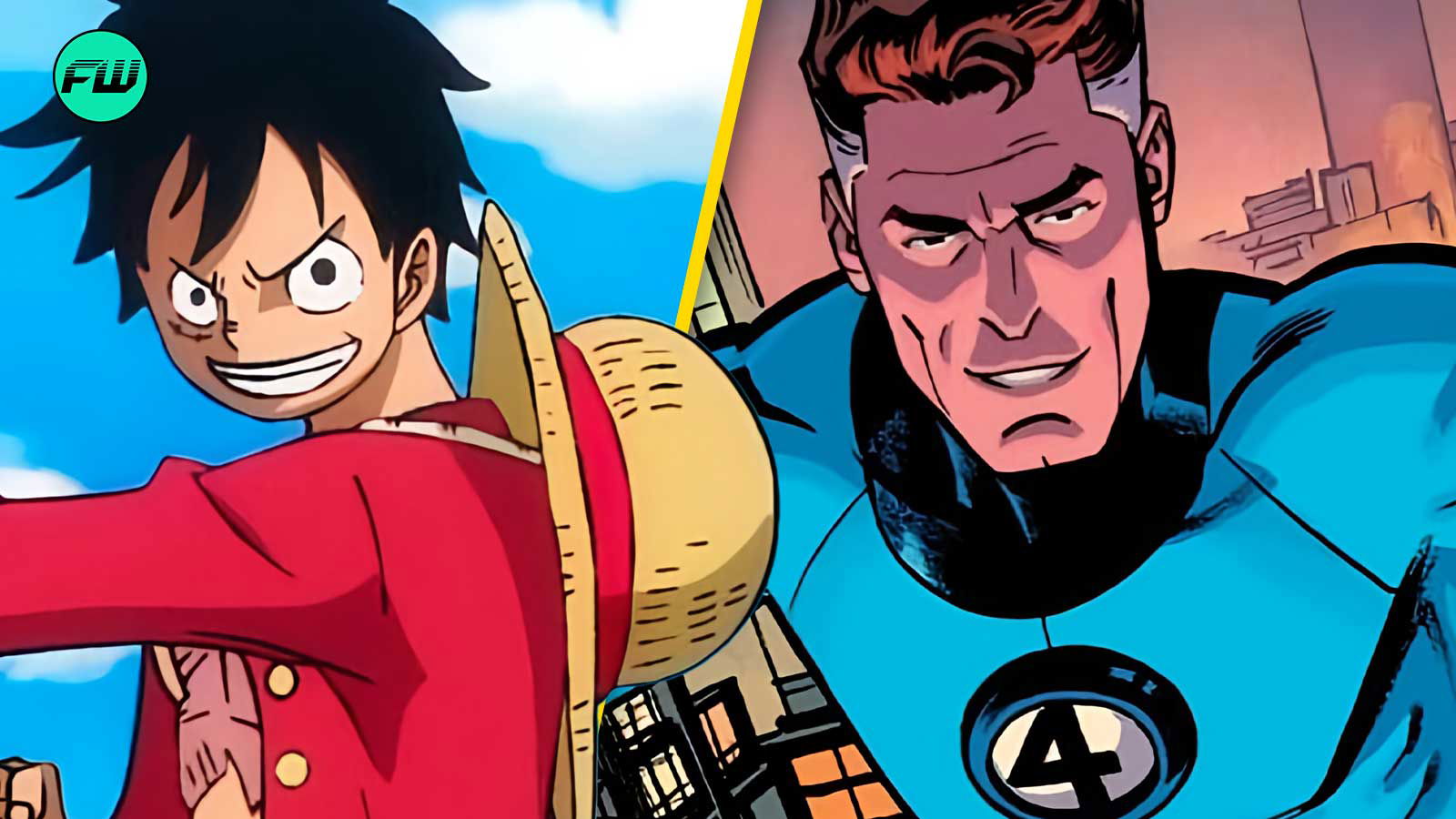






















 Bengali (BD) ·
Bengali (BD) ·  English (US) ·
English (US) ·